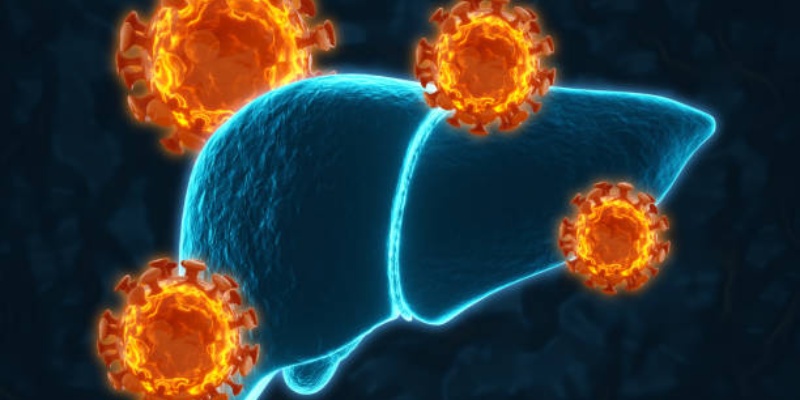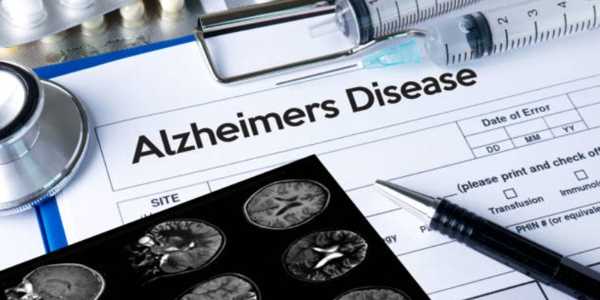Hepatitis C is a stealthy virus. It lurks in your body, often for decades, without making its presence known. By the time symptoms manifest, the damage may already be extensive. I've studied health issues for years and found that knowing Hepatitis C's quiet warnings may save your life. Let's decode how to recognize these silent symptoms and act early.
Hepatitis C is a stealthy virus. It lurks in your body, often for decades, without making its presence known. By the time symptoms manifest, the damage may already be extensive. I've studied health issues for years and found that knowing Hepatitis C's quiet warnings may save your life. Let's decode how to recognize these silent symptoms and act early.
Understanding Hepatitis C: The Silent Threat
Hepatitis C infects the liver. Over time, it can cause scarring, liver failure, or even cancer. The scary part? Most people don't feel sick at first. According to health experts, up to 80% of people with Hepatitis C have no symptoms for years. That's why it's called a "silent killer."

Yet, your body might be sending subtle signals. These symptoms are easy to brush off or blame on Stress, ageing, or other illnesses. Let's explore the signs you should not ignore.
1. A Fatigue That Lingers
Do you frequently get tired? It's easy to blame this on the Stress of a busy schedule or not getting enough sleep. Yet, unknown fatigue—especially when it lasts for weeks—could be a sign of Hepatitis C. The infection impedes liver function, so your body works harder. This type of fatigue differs from regular tiredness and does not fade after resting.
2. Flu-Like Symptoms Or Low-Grade Fever
A low-grade fever, hovering between 99°F and 100°F, may appear benign as it ebbs and flows. You might dismiss it as merely a cold or an allergy. However, if no apparent reason exists, such as a sore throat or cough, this fluctuation could suggest the presence of Hepatitis C. The immune system dispatches chemicals that can elevate your temperature in response to the virus.
3. Stomach Issues You Can’t Explain
Nausea, vomiting, and abdominal pain are symptoms that most individuals experience. Individuals tend to attribute them to food or Stress. But if they continue, particularly in the right upper quadrant of your belly—where the liver is located—it's time to do something about it. As the liver fights against the virus, it gets inflamed, resulting in pain.

4. Stool Or Urine Changes
Dark urine (tea or cola colour) or light, clay-coloured stools can indicate liver trouble. The liver strains out waste, and when it's damaged, poisons build up. Bilirubin is a chemical that the liver usually breaks down, leaks into the blood, and alters urine and stool colour—subtle but noteworthy changes.
5. Joint And Muscle Pain
Aching joints or muscles might be like arthritis or overexertion. However, Hepatitis C results in body-wide inflammation. This may result in aches in the knees, wrists, or shoulders. If pain relievers are not helpful, or if it migrates from joint to joint, then Hepatitis C testing should be considered.
6. Unexplained Weight Loss
Weight loss without trying sounds good, but it's a dangerous signal here. Nausea and appetite loss from liver inflammation can cut down on food consumption. Your body may also use muscle for energy as it tries to work. Rapid weight loss (5% or more of body weight in 6 months) requires medical attention.
7. Skin Problems
You need to accept that itchy skin, rash, or yellowing of the eyes (jaundice) are late symptoms but can appear sooner. The liver cannot strain out toxins, and bile builds up in the skin. Look for red blotches, swelling, or spider veins on your arms or chest. These skin changes are easily mistaken for allergies or eczema.
8. Mood Changes And Brain Fog
Hepatitis C is not confined to the liver. Toxins also migrate to the brain, which can cause confusion, forgetfulness, or an inability to concentrate. You might be irritable or depressed overall. These are easy things to blame for Stress or lack of sleep, but they must be brought to a doctor's attention.

Why Early Detection Matters
Hepatitis C is curable, but the earlier, the better. Antiviral medications cure over 95% of infections when treated promptly. If not treated, the virus can lead to cirrhosis (scarring), liver failure, or cancer. The longer you wait, the harder it is to reverse the damage.
Who Should Be Tested?
If you were born between 1945 and 1965, received a blood transfusion before 1992, or injected drugs even once, the CDC recommends testing. Other high-risk individuals are healthcare staff who have come into contact with needles, people with HIV, or those undergoing long-term dialysis.
What To Expect During Testing
A simple blood test checks for Hepatitis C antibodies. A follow-up test measures the virus's genetic material (RNA) if positive. New at-home testing kits are also available. Early diagnosis means you can start treatment before severe liver damage occurs.
Steps To Protect Your Liver
If diagnosed, avoid alcohol, which speeds up liver damage. Eat a balanced diet rich in fruits, vegetables, and whole grains. Stay active to maintain a healthy weight. Follow your doctor's treatment plan, which may include 8–12 weeks of antiviral pills.
Raising Awareness Saves Lives
Hepatitis C affects millions worldwide, but stigma and misinformation delay treatment. Share this article with friends and family. Encourage loved ones to get tested if they’re at risk. Knowledge is power—spotting symptoms early turns the tide against this silent threat.
Taking Action: Early Detection Saves Lives
Don't wait for severe symptoms. If you notice any of these signs, talk to your doctor. A quick blood test could give you peace of mind or a chance to heal. Your liver works hard to keep you healthy—it's time to return the favour.
- Share this article:
-
![Recognizing Early Alzheimer’s Symptoms In Loved Ones]() Health & Medical Treatment
Health & Medical Treatment - Recognizing Early Alzheimer’s Symptoms In Loved OnesI've spent years caring for family members and friends, and one thing I've learned is that Alzheimer's doesn't always announce itself with loud, apparent symptoms. Sometimes, it creeps in quietly, like a shadow you barely notice until it's too late. Recognizing the early signs of Alzheimer's in someone you love isn't just about memory lapses—it's about noticing shifts in behaviour, mood, and daily habits that feel "off." If you've ever wondered, "Is this normal ageing or something more?" you’re not alone. Let’s walk through the subtle clues that might mean it’s time to seek help.
-
![What is Assisted Living for Seniors?]() Health & Medical Treatment
Health & Medical Treatment - What is Assisted Living for Seniors?If you've ever asked yourself, "What is assisted living?" or "Is it suitable for my loved one?" You're not alone. Having spent numerous years studying senior care choices, I have found that most individuals misunderstand assisted living. Let's explain it in plain language, with real examples and practical tips. By the end of this guide, you will have an idea of assisted living and whether it may be right for your family.








